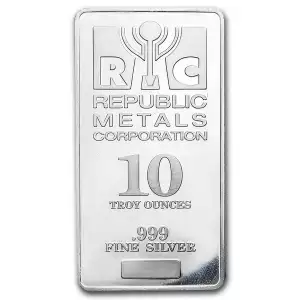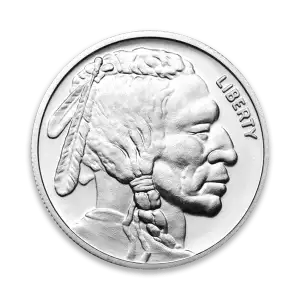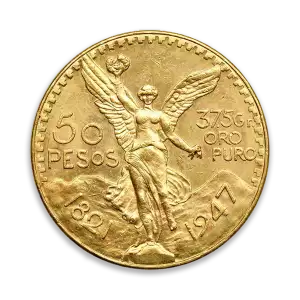Bitcoin vs. Ethereum: A Comparison
Bitcoin (BTC) and Ethereum (ETH) are the two largest cryptocurrencies by market capitalization, but they serve different purposes and have distinct features. Below is an overview of each:
1. Bitcoin (BTC)
Overview
- Launched: 2009
- Founder: Satoshi Nakamoto (anonymous)
- Purpose: Digital gold, store of value, and decentralized currency
- Blockchain Model: Proof-of-Work (PoW) (Transitioning with Layer-2 scaling solutions)
Key Features
- Limited Supply: 21 million BTC max supply (ensures scarcity).
- Security: Highly secure and decentralized.
- Monetary Use Case: Primarily used as a store of value and for peer-to-peer transactions.
- Slow Transactions: Around 7 transactions per second (TPS); high fees during peak times.
- Adoption: Widely accepted as a hedge against inflation and government-controlled currencies.
Strengths
✅ Most secure and decentralized cryptocurrency
✅ Recognized as a store of value (often called "digital gold")
✅ Limited supply creates scarcity, driving long-term value
Weaknesses
❌ Limited functionality beyond transactions
❌ Slow and expensive for small transactions
❌ Uses Proof-of-Work, which consumes high energy
2. Ethereum (ETH)
Overview
- Launched: 2015
- Founder: Vitalik Buterin and team
- Purpose: A programmable blockchain for smart contracts and decentralized applications (dApps)
- Blockchain Model: Originally Proof-of-Work, but transitioned to Proof-of-Stake (PoS) in 2022 (Ethereum 2.0)
Key Features
- Smart Contracts: Allows automatic execution of contracts without intermediaries.
- Decentralized Applications (dApps): Ethereum powers DeFi (Decentralized Finance), NFTs, DAOs, and more.
- Supply Model: No fixed cap, but ETH can be burned, reducing supply over time.
- Faster Transactions: 30+ TPS (with scaling solutions improving speed further).
Strengths
✅ Supports DeFi, NFTs, gaming, and Web3 applications
✅ Faster and more scalable than Bitcoin
✅ Smart contracts create real-world utility beyond payments
Weaknesses
❌ Higher complexity, making it more vulnerable to security flaws in smart contracts
❌ Transaction fees (gas fees) can be very high during network congestion
❌ No hard cap on supply (though Ethereum burns some ETH, reducing inflation)
Bitcoin vs. Ethereum: Key Differences
Feature / Bitcoin (BTC) / Ethereum (ETH)












